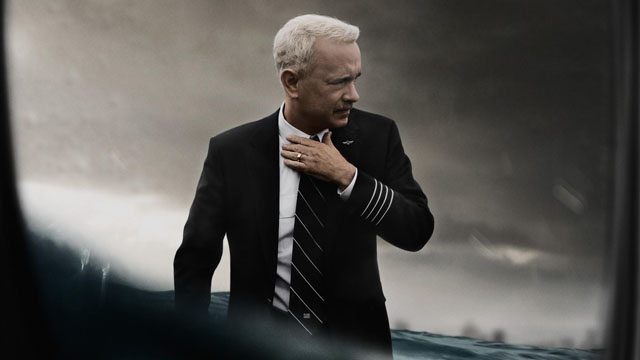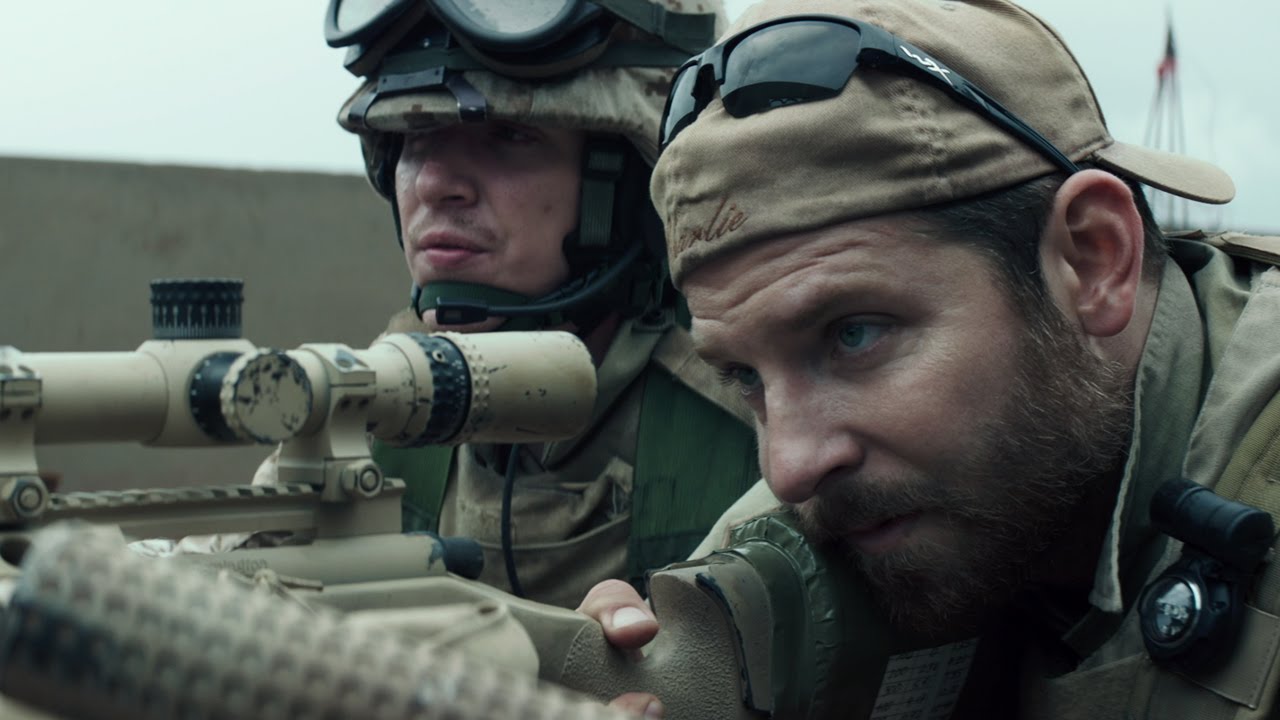
Richard Jewell: The End of the Innocence
Richard Jewell is a tale of heroism, woe, and frustration that serves as a reminder of life before the world’s innocence was shattered one fateful evening in 1996.

Richard Jewell is a tale of heroism, woe, and frustration that serves as a reminder of life before the world’s innocence was shattered one fateful evening in 1996.

On January 15, 2009, U.S. Airways pilot?Chesley”Sully” Sullenberger and his co-pilot, Jeff Skiles, ?were flying a commercial airliner from LaGuardia for a standard run, the same way Sullenberger had flown for forty years. When his Airbus A320 struck a herd of?geese that destroyed?the engines, Sullenberger’s quick thinking landed the plane safely in the Hudson River….

Rudderless Chris Kyle sees footage of the 1998 U.S. Embassy bombings and goes from thrill-seeker to U.S. Navy Seal.